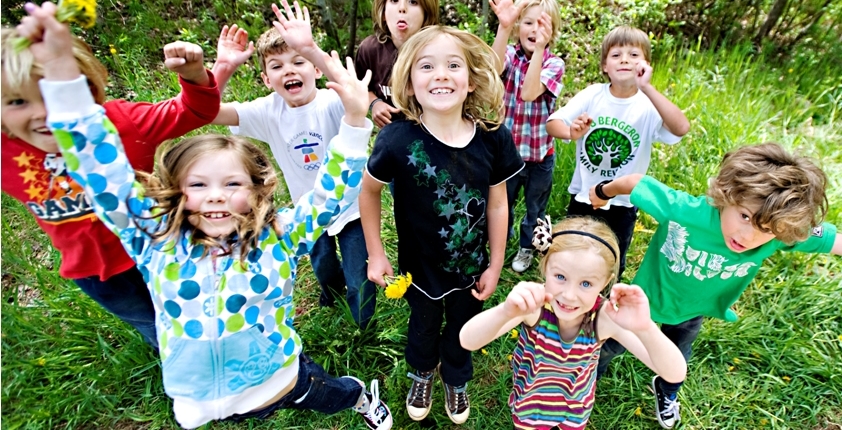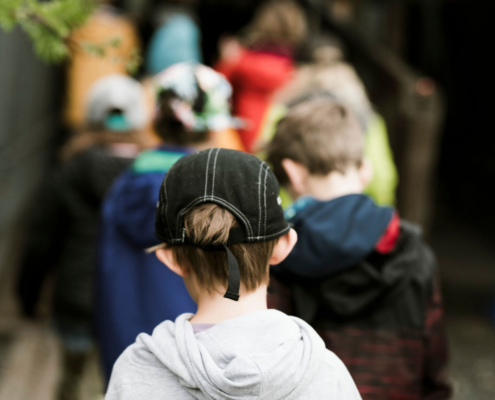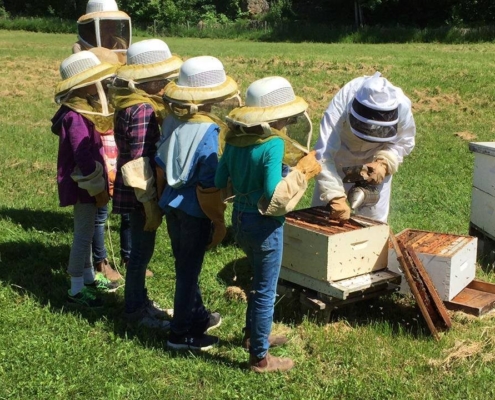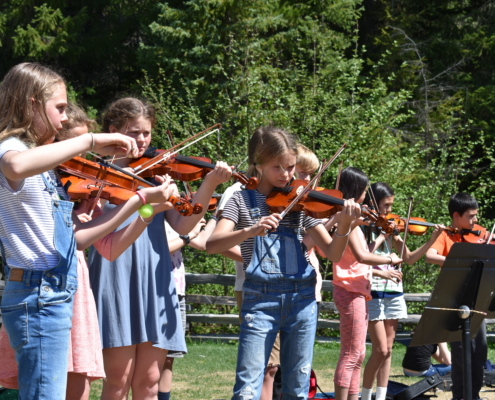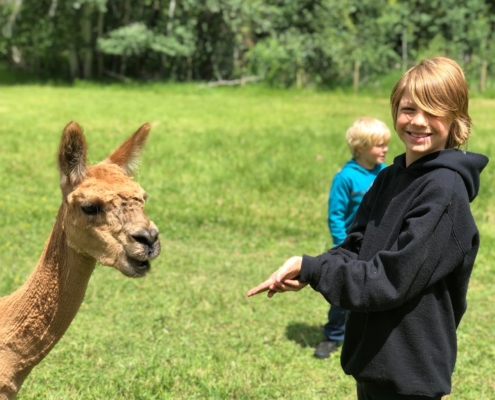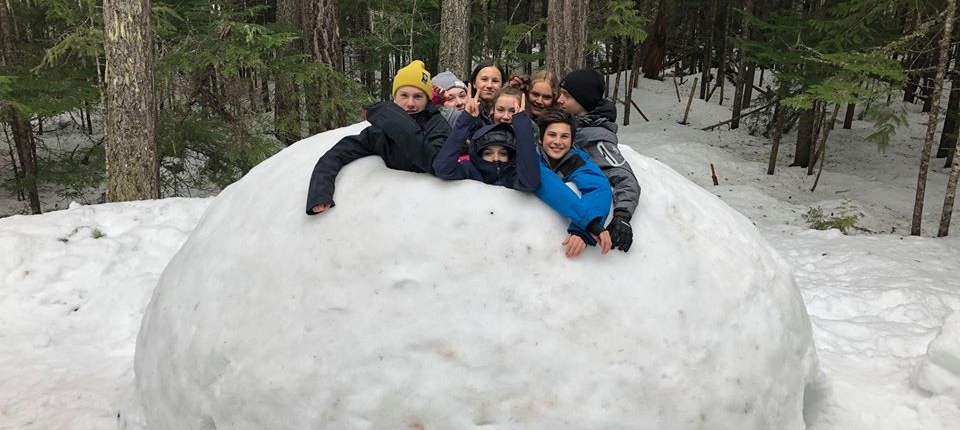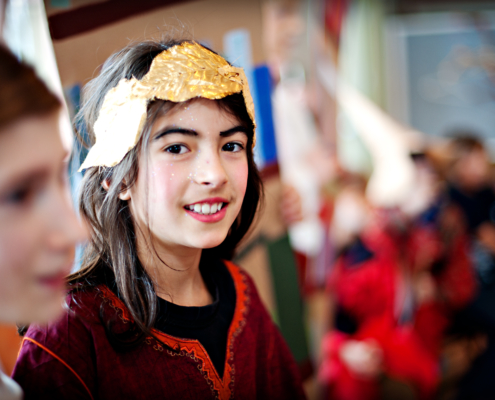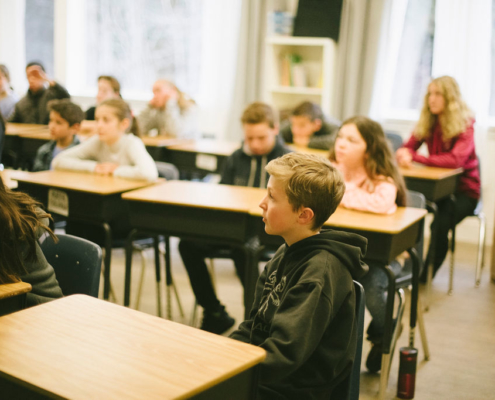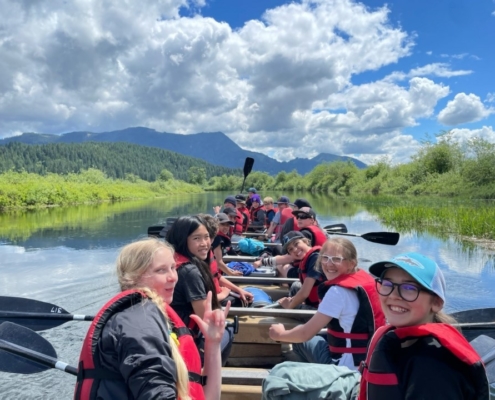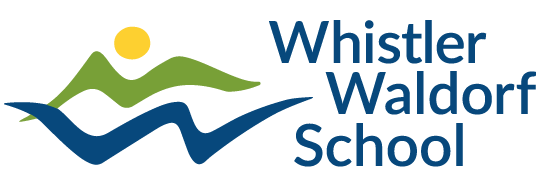Understanding ‘Feeling Intelligence’
When children are ready to leave kindergarten and enter first grade, they are eager to explore the whole world of experience for the second time. Before, they identified with it and imitated it; now, at a more conscious level, they are ready to know it again, by means of the imagination – that extraordinary power of the human cognition – that allows us to “see” a picture, “hear” a story, and “divine” meanings within appearances.
During the elementary school years, the educator’s task is to transform all that the child needs to know about the world into the language of the imagination, a language that is as accurate and as responsible to reality as intellectual analysis is in the adult. The wealth of an earlier, less intellectual age – folk tales, legends and mythologies, which speak truth in parables and pictures – becomes the teacher’s inexhaustible treasure house.
Whatever speaks to the imagination and is truly felt stirs and activates the feelings and is remembered and learned. The elementary years are the time for educating the “feeling intelligence”. It is only after the physiological changes at puberty, which mark the virtual completion of the second great developmental phase, that imaginative learning undergoes a metamorphosis to emerge as the rational, abstract power of the intellect.
– “Learning that Grows with the Learner” by Henry Barnes, Waldorf Education – A Family Guide


